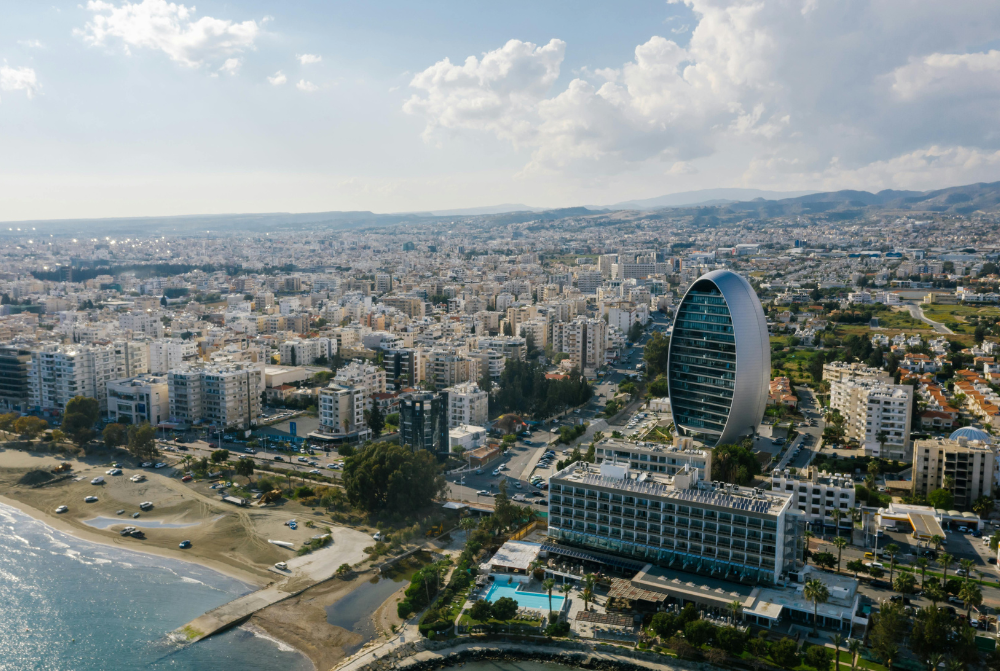Significant changes were introduced to the UK’s tax rules for non-domiciled individuals from 6 April 2025. The remittance basis for non-UK domiciled individuals has been replaced with a residency-based system. Longer-term UK residents will be taxed on their worldwide income and gains as they arise. These changes mean that anyone affected needs to take a fresh look at their financial affairs. Good planning, keeping clear records, and getting the right advice will be important to avoid unexpected tax liabilities and to make the most of any reliefs still available.
Here are the essential Do’s and Don’ts for non-doms to help navigate the transition:
✅ Do’s
1. Review Worldwide Income and Gains
- From 6 April 2025, all longer term (over 4 years) UK tax residents must report and pay UK tax on worldwide income and gains as they arise, regardless of remittance.
- Subject to appropriate advice you may wish to consider investing for long term capital growth or other financial strategies which defer the realisation of income.
2. Utilise the Temporary Repatriation Facility (TRF)
- Review previous UK tax returns and consider if appropriate to claim the remittance basis for 24/25 in order to benefit from the transitional provisions.
- Consider remitting pre-6 April 2025 foreign income and gains under the TRF, available for the 2025/26 and 2026/27 tax years, to benefit from a reduced tax rate.
- Review remittances under the TRF to ascertain the most efficient for taxed or untaxed income and gains taxed outside of the UK.
3. Maintain Detailed Records
- Keep comprehensive documentation of all foreign income, gains, and remittances, including dates, amounts, sources, and related bank statements and foreign taxes paid.
4. Rebase Foreign Assets if Eligible
- If you have claimed the remittance basis and were neither UK domiciled nor deemed domiciled by 5 April 2025, you may elect to rebase the value of foreign capital assets held personally on 5 April 2017 to their value on that date. Ensure you have records and valuations (where possible) of such assets.
5. Review Offshore Trusts and Structures
- Review any trusts you are either settlor or beneficiary of.
- Assess the implications of the new rules on offshore trusts, as protections from UK taxation on foreign income and gains arising within such trusts will be removed for most individuals.
- Review any closely held foreign companies you are a shareholder of.
6. Monitor Residency Status
- Keep accurate records of your days spent in and out of the UK to determine your residency status under the Statutory Residence Test.
- Consider if you are tax resident in another jurisdiction also and whether any applicable DTA may apply.
7. Seek Professional Advice Before Transactions
- Consult with tax professionals before making significant financial decisions, such as selling foreign assets or making large transactions, to understand the UK tax implications.
🚫 Don’ts
1. Don’t Assume Previous Non-Dom Benefits Still Apply
- The remittance basis has been abolished from 6 April 2025; relying on previous non-dom advantages could lead to unexpected tax liabilities.
2. Don’t Overlook Taxation of Trust Distributions
- Distributions or benefits from offshore trusts may now trigger UK tax charges; ensure you understand the new tax treatment before receiving such distributions.
3. Don’t Delay Using the TRF for Pre-2025 Foreign Income and Gains
- The TRF offers a limited window to remit pre-6 April 2025 foreign income and gains at a reduced tax rate; This applies for two years at 12% and then one year at 15% delaying beyond this period may result in higher tax charges.
- Don’t assume claiming the TRF will be the most efficient form of remittance, particularly for taxed gains.
- Don’t assume you will get any or full credit for foreign taxes already suffered.
4. Don’t Neglect Mixed Funds
- Bringing funds into the UK from accounts containing both clean capital and income/gains without proper tracing can lead to unintended tax consequences.
5. Don’t Ignore Inheritance Tax (IHT) Changes
- The UK is moving to a residence-based IHT system; long-term UK residents may be subject to IHT on worldwide assets. Keep detailed records of any gifts or transfers you make, especially if they involve offshore assets.
6. Don’t Make Assumptions About Overseas Workday Relief (OWR)
- OWR will continue but with changes; ensure you understand the new eligibility criteria and conditions.
7. Don’t Undertake Complex Transactions Without Advice
- Transactions involving offshore trusts, closely held companies, foreign asset sales, company reconstructions, or significant remittances can have complex tax implications; always seek professional guidance.
8. Don’t Assume that Transactions are Exempt in the UK
- Just because a transaction or a particular source of income is exempted from tax outside of the UK do not assume that this will be the case in the UK.
Contact Us
At Dixcart UK, we are here to help you manage the upcoming changes to the non-dom regime with clear, tailored advice.
Get in touch with us or connect with one of our offices across the Dixcart Group to find out how we can support you during this transition.












